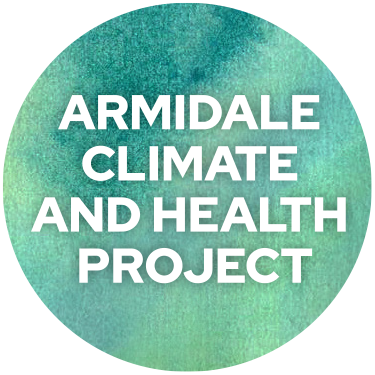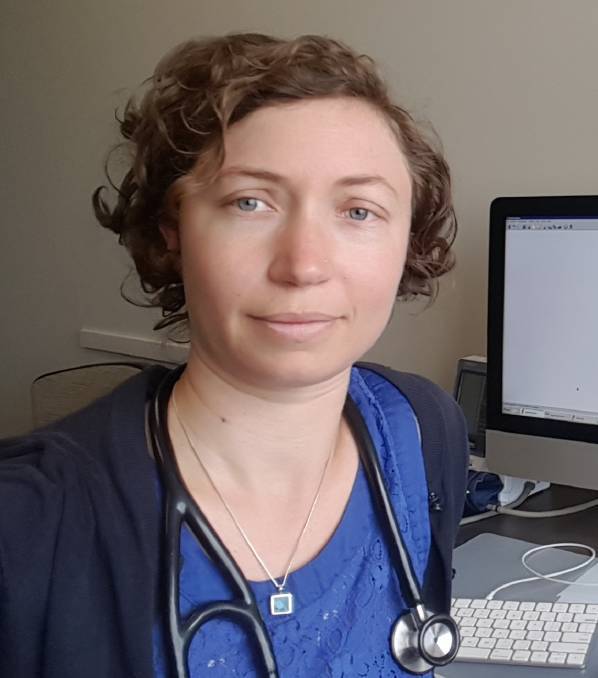When Jen and I first started talking about this project and writing the grant application we were in the midst of the worst drought and bushfires Australia had ever experienced. In the haze of smoke and water restrictions, it seemed that the climate emergency was living out its most apocalyptic predictions. Since then we’ve had rain and the dams are full – although recently the other extreme was reached and floods were destroying homes and displacing thousands in NSW. These “one in a 100 year” extreme weather events now seem to be a regular occurrence, reminding us again that we live in a changing world.
The impacts of climate change on health are well studied and not at all controversial. In 2019 the Australian Medical Association and many other medical organisations declared climate change a health emergency – due to the irrefutable and far reaching impacts on health. The World Health Organisation has stated climate change as the greatest threat to global health of the 21st century.
Climate change doesn’t impact everyone evenly, and the great injustice of it is that across the world the price of drought, changing rainfall patterns, bushfires and sea level rise is being paid mostly by those who have contributed least to the problem. In Australia, in Armidale, we’ve already experienced drought and the threat of running out of water, the worst bushfire season and all that bushfire smoke pollution. All this directly impacts our health – air pollution from bushfires increases asthma and respiratory problems, heatwaves can be deadly especially to those with chronic health conditions, and we probably all have experienced some of the mental health effects of living with the imminent threat of running out of water in the drought in 2019, such as depression and anxiety.
And we also know that the health effects of climate change are felt more by those with chronic disease, the elderly, those already disadvantaged, as well as future generations.
In my work at Armajun Aboriginal Health Service I see incredible resilient people, who are also living with the direct health effects of over 200 years of colonisation and discrimination. As a GP we try to patch up the pieces, encourage people to take diabetes medications and do our best to close the gap on the health disparities between Indigenous and non-Indigenous people. But this sometimes feels like a bandaid solution – it seems the health issues that people are dealing with have their root cause in the systemic injustice caused by colonisation and dispossession of land.
When we think about climate change and health disparaties as related crises, climate adaptation thus offers an opportunity to transform our society into a better and fairer world; we can address climate change in a way that improves people’s health at the same time and creates a more equitable society.
What the medical profession has collectively realised recently – that the health of the environment directly impacts human health – is finally catching up with what Indigenous people have known and lived for tens of thousands of years. We are intimately connected with our environment. The health of people depends on the health of Country.
So this project seeks to answer some key questions bringing these issues together. Can we address climate change and health at the same time in a practical way that actually benefits people on a day-to-day and local level, and puts Indigenous knowledge at the centre?
How can we build community connections and resilience in the face of the climate crisis?
Since the launch of the project in 2020, we’ve spoken to elders and community members about these questions, and we are fortunate to be working closely with Uncle Steve Widders and Shannon Smith as well as other inspiring people such as Lindon Strong, Callum Clayton-Dixon, Rachel Lawrence, Nikki Larder and Tanya Howard. We hope that the workshops this year seed projects that will be of practical benefit to people’s health, community connections and resilience.
The Armidale Express reported on Dr Allan’s work for Doctors for the Environment in 2019 – have a read here, and explore Doctors for the Environment (DEA) work here.

